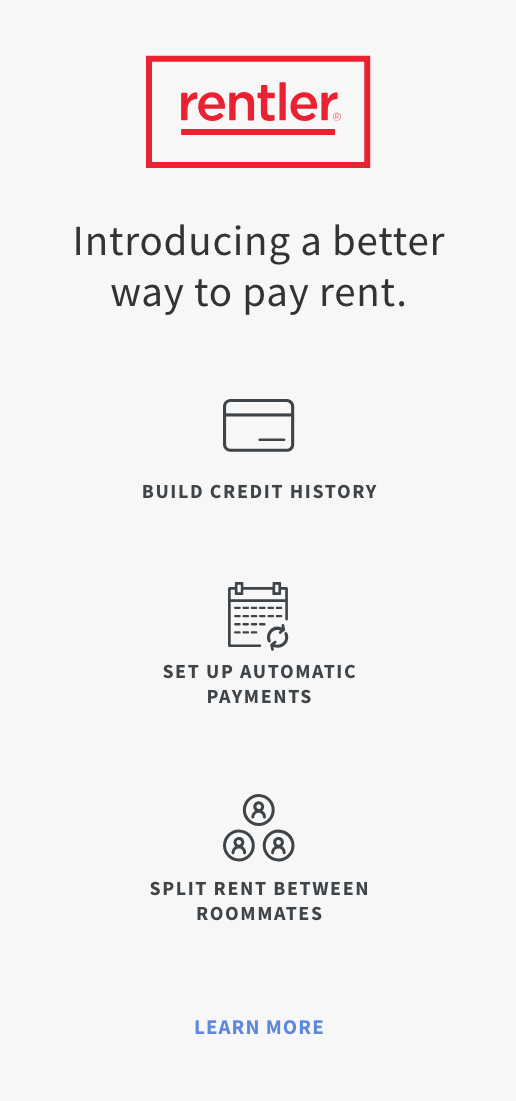There is no doubt that we live in an uncertain world. Danger could strike at any time. However, the good news is that you and your family can avoid falling victim to unpredictable emergencies if you have a plan in place right off the bat. This is especially important when you rent a new apartment.
From the first day you move in, make it a point to inspect the property, report any dangers, and create a plan that you and your family can follow in case of an emergency. Following are some more tips:
When You Move In
Emergency preparedness begins as soon as you move into your apartment. Before you even sign a lease, you must inspect the premises. In addition to cosmetic issues, you also want to keep an eye out for safety hazards, such as faulty wiring, loose pieces of construction material, and anything that looks like it may pose a danger. If you notice any issues, inform the landlord before you sign the lease. If you discover a problem after you have moved in, complete a maintenance request immediately.
Depending on where you live, a property could also be at risk from potential pests, including mice, insects, and bedbugs. Not only are these creatures unsightly, but many pests can also bring disease and dangerous filth into your home. Ask your landlord what precautions he/she takes to prevent pests, which starts with regular extermination if necessary, but also includes ensuring that all other apartments are clean and reinforcing window seals to verify that everything outside stays there.
If you are new to the part of town where you are renting, make the time to visit the property during evening hours before you sign the lease. During the day, the area could be clean and uncongested, but at night, it could be unlit, chaotic, or noisy. Understanding the environment during all 24 hours of the day can help you to feel more comfortable about moving in.
When you move in, don’t be afraid to knock on some nearby doors and meet the neighbors. Ask them how they like the area and what, if any, difficulties or problems they’ve experienced or know of since they’ve lived in the building or area. Familiarity with your neighbor can also be important in the case of emergencies, especially involving children or if you are out of the home. When you have reliable neighbors, you can feel comfortable calling them to check on your apartment to ensure everything is okay when you are not home. You can do the same for them as well.
Be Prepared
In addition to planning for specific threats, it is important to have a general preparedness plan so you are ready for anything. As a start, invest in a good renter’s insurance policy that will cover any potential issues while you live in the apartment. Renter’s insurance is typically affordable and will offer several forms of financial protection in the case of theft, property damage, or injury.
Next, create an emergency kit that you can turn to in the case of any dangerous scenario. Your kit should include first aid supplies such as band-aids, eye protection, and splints. It is also a smart idea to incorporate water and granola bars or another easy, non perishable snack that you can turn to if you run out of food. Other miscellaneous items that you should include in your emergency pack include:
- Clean blankets
- Face masks
- Flashlight
- Whistle
- Cell phone charger
- Battery-powered radio
Have a Plan
Now that you have your emergency kit ready to go, it’s time to gather the family and create a specific emergency contingency plan that everyone can follow and understand. To start, take a tour of the apartment building and make a note of all the emergency exits. Then look for a location or area outside where everyone should meet if the building needs to be evacuated. If you have several children or a large family, you may also want to institute a buddy system so everyone can connect and ensure others are safe.
Emergency plans will of course differ depending on the type of emergencies you could potentially face. With that in mind, make sure to research threats specific to your location and plan accordingly.
For example, if you live in an area at risk of earthquakes, you’ll want to take shelter under a sturdy piece of furniture, stay in place and hold on until the danger passes. If there is a fire, you will want to know the location of the fire extinguisher and be aware of various ways to evacuate the apartment while staying low and calling 911. Other common threats in many areas are flooding and water damage due to extreme weather conditions. If you notice leakage in a certain area, especially from the ceiling, keep the kids out of the room and inform your landlord immediately.
While preparing for potential dangers won’t guarantee the safety of your family, having an emergency plan in place can greatly mitigate potential pain and suffering, whether financially, physically, or emotionally. Always be prepared!




